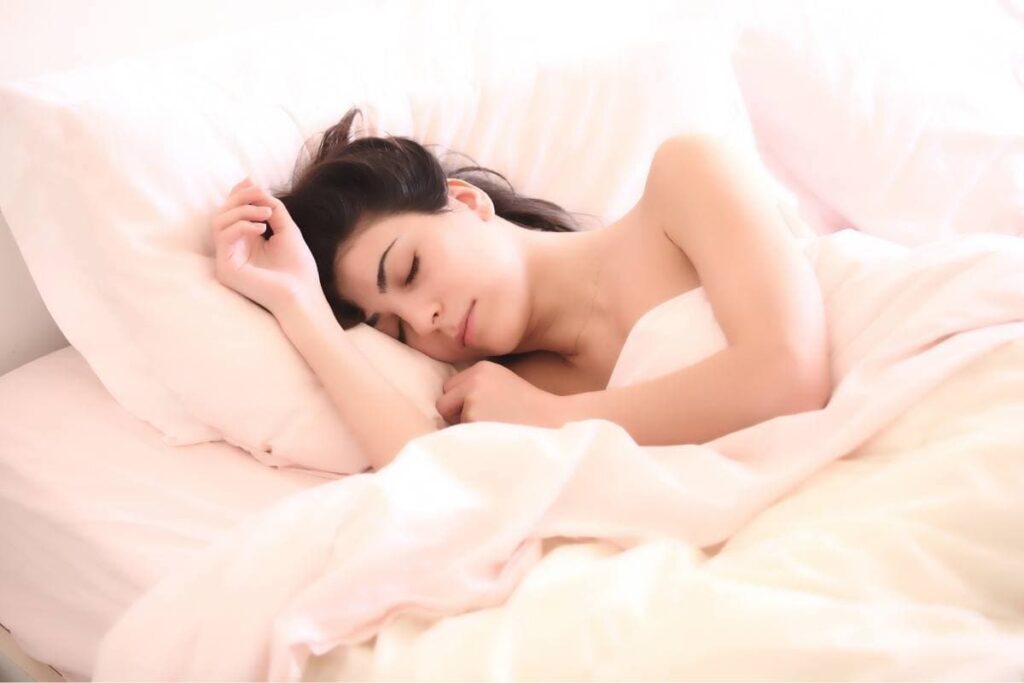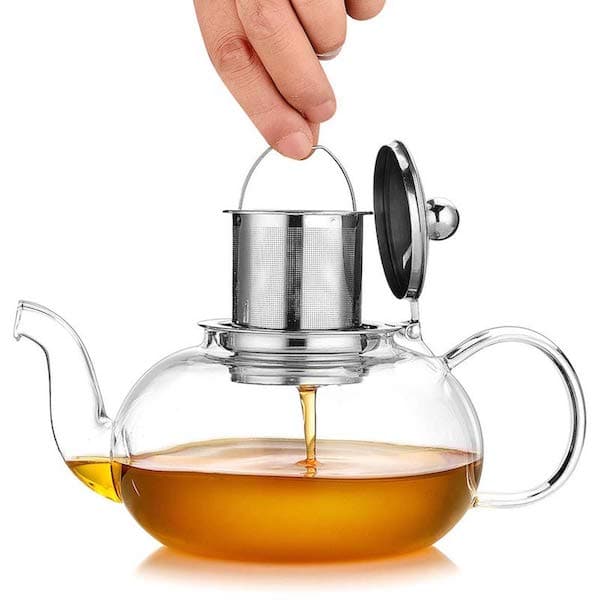7 TIPS TO IMPROVE YOUR SLEEP NATURALLY
These tips on how to sleep better are not medical advice. Your doctor is the only person who knows what will work best for you and your health needs.
Want to sleep better ?
Having problems sleeping is just horrible. I want to say it’s a nightmare but if you can’t sleep then even nightmares are out of reach !!
I’ll explore 7 tips on how to sleep better naturally.
Lack of sleep can be can be really debilitating, very frustrating and occasionally downright dangerous.
Trouble falling asleep, staying asleep, or waking up too early in the morning are things we’ve all suffered at one time or another.
If they repeat over days, weeks and months then it’s a sign of some perhaps deep seated problem.
Insomnia affects people in different ways and to varying degrees.
It has been estimated that 33% to 50% of adults suffer from insomnia symptoms at some point in their lives. This figure goes up to 60% for adults over the age of 60.
Of course there are many different causes of sleep difficulties. Stress, anxiety, depression, chronic pain and often medications can all stop you sleeping better..
It’s important to try and identify your personal triggers so that you can try to eliminate them
Then there’s plenty of different things you can easily try out to help yourself sleep better.
Test a few of my sleep tips and see if any help you.
With a little trial and error, you should be able to find one, or a combination of techniques that help you get the restful sleep that you need.

7 tips on sleeping better naturally
Increase Daytime bright light exposure
One of the best things you can do to sleep better is to get plenty of sunlight exposure during the day.
Sunlight helps to regulate your body’s natural sleep-wake cycle.
Exposure to sunlight during the day helps to balance your melatonin levels so that you can sleep better at night.
Melatonin is a hormone that we produce in response to darkness and helps to make you feel sleepy.
Reduce Evening blue light exposure
You may be surprised to know that the blue light from our computer and phone screens can suppress melatonin production and make it harder to fall asleep.
Blue light exposure in the evening can disrupt your body’s natural sleep-wake cycle.
To reduce blue light exposure, try to avoid using screens for at least an hour before bed.
If you must use a screen you can reduce the amount of blue light exposure by using night shift or downloading a blue light filter.
You can buy a pair of blue light filter glasses too.
Herbal Infusions To Help You Sleep Better

Establish a regular sleep schedule
One of the best things you can do to sleep better is to establish a regular sleep schedule. Sleeping on a regular schedule helps to regulate your body’s natural sleep-wake cycle.
When you go to bed and wake up at the same time every day, your body will start to adapt and will be more likely to fall asleep and stay asleep
relaxation techniques to sleep better
There are many different relaxation techniques that can help you sleep better. Some of the most common techniques include:
1 Stretching:
Yoga or just a little simple stretching is a great way to relax your body and mind before bed. Basic yoga poses can help to stretch and loosen up your muscles, which can help you sleep better.
2 Deep breathing:
Deep breathing is another great way to relax your body and mind. Taking deep, slow breaths can help to lower your heart rate and blood pressure, which can make it easier to fall asleep.
3 Progressive muscle relaxation:
Progressive muscle relaxation is a technique that involves tensing and relaxing each muscle group in your body. This can help to release any tension in your body and make it easier to fall asleep
Regular Exercise
Exercise can help to improve your sleep by reducing stress and improving your sleep quality. However, it is important to avoid exercising too close to bedtime as this can make it harder to fall asleep.
If you want to exercise in the evening, try to do it at least a few hours before bedtime.
Wind down before bed
One of the best things you can do for your sleep is to take some time to wind down before bed. Avoiding stimulating activities in the hours before bed. Instead, try to do something calming, such as reading or taking a warm bath.
Journaling
Any type of journaling like gratitude journaling or even bullet journaling can help reduce the anxiety that can often stop you sleeping.
By simply clarifying your thoughts and emotions on paper it is sometimes enough to stop negative thoughts overwhelming you at night.
Identify why you can’t sleep
It’s important to try and identify your personal triggers for insomnia so that you can unroll the root causes.
Once you identify what is causing your insomnia, you can take some steps to solve the problem and be on the way to a better sleep.
Some of the most common triggers are:
Stress:
Everybody knows tress can be a major cause of insomnia. If you are feeling stressed, your body may not be able to relax enough to fall asleep and your mind is racing with negative thoughts
Anxiety:
Anxiety can also make it difficult to fall asleep. If you are worrying about things before bed, your mind may not be able to shut off enough to allow you to sleep.
Depression:
Depression can also make it hard to get out of bed in the morning, which can make it difficult to establish a regular sleep schedule.
Chronic pain:
Chronic pain can make it hard to get relaxed and comfortable in bed. Obviously pain can also cause frequent waking during the night, which can make it impossible to get a solid night’s sleep.
Medications:
Certain medications can cause insomnia as a side effect. If you are taking medication that is causing you to have trouble sleeping, talk to your doctor about changing to a different medication